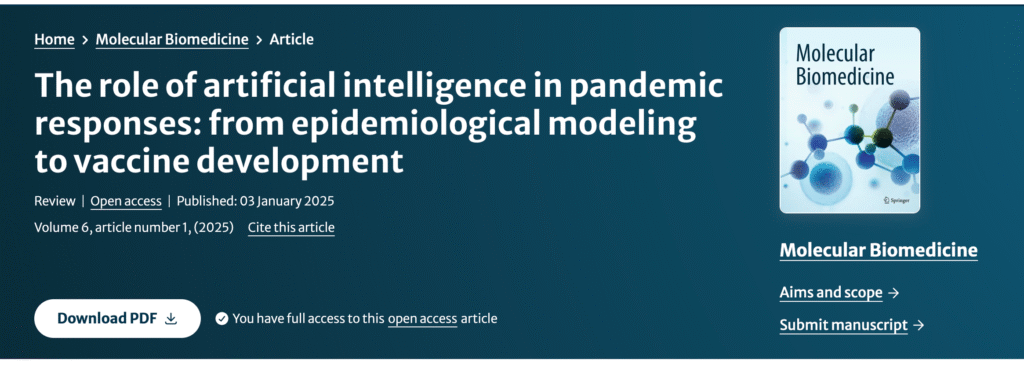Nous Research Secures $50M for Decentralized AI

This is pretty cool – Nous Research, a startup pushing decentralized AI, just secured a $50M Series A funding round. Paradigm, the crypto VC giant that almost entirely financed the round, valued their future tokens at a whopping $1 billion. In simple words (for dummies: think of it as betting big on tomorrow’s tech), this means they’re challenging the heavyweights like OpenAI and Google by using blockchain and cryptographic methods to build open-source AI models.\n\n
I really like this because it could democratize AI development, making the tools more accessible and less biased. It’s a breath of fresh air for AI researchers, developers, and entrepreneurs diving into the Web3 space. I’m curious to see if this decentralized training really holds up against the traditional centralized approach.
If you want to read more, check out the original article: Exclusive: Crypto VC giant Paradigm makes $50 million bet on decentralized AI startup Nous Research at $1 billion token valuation.\n\n
Fun Fact: Decentralizing AI can potentially eliminate single points of failure, which is basically a fancy way of saying “less chance for things to go wrong.
Onc.AI Presents Breakthrough Cancer Prediction Model

Since I am currently at the AACR (American Association for Cancer Research) meeting as I write this, I had to include it – Onc.AI just presented their breakthrough cancer prediction model at the AACR 2025 annual meeting. The model, called Radiomics-Based CT Radiomic Signature (CTRS), analyzes standard CT scans to predict how metastatic urothelial cancer patients will respond to immunotherapy. (For dummies: it’s like getting a sneak peek into whether the treatment will work for you, without extra tests.)\n\n
The model recently earned the FDA’s Breakthrough Device Designation, which is a big nod to its potential in personalizing treatment strategies for cancer patients. This can help doctors decide on the best treatment route sooner, potentially avoiding unnecessary or ineffective therapies. If you’re into AI and healthcare, you’ll find this pretty exciting.
You can get all the details from the original article here: Onc.AI Announces Presentation of Breakthrough-Designated AI Model Evaluated in Clinical Trial Data at AACR 2025.
Did you know? AI models like these can analyze hundreds of images in seconds, something that would take humans hours!
AI Advancements Poised to Revolutionize Pandemic Response

Even if not super recent, this next news is still a good demonstration of how AI is being used in biological research. A manuscript published in January 2025 described how using AI-driven epidemiological models like SIR and SIS can predict disease spread, prevent outbreaks, and optimize vaccine distribution.
It also demonstrates how Machine Learning (ML) algorithms and predictive analytics improve our understanding of disease propagation patterns. The collaborative aspect of AI in vaccine discovery and clinical trials is discussed, focusing on the construction of AI-powered surveillance networks.
Overall, it’s a great review focused on the impact of AI’s on epidemiological modeling, the development of AI-enabled dynamic models using ML and Deep Learning (DL) techniques, and the implementation of vaccines and clinical trials.
This news is a big deal for public health officials, epidemiologists, and AI researchers as it could mean faster, more efficient responses during health crises. It also opens up smarter, data-driven public health strategies for entire populations.
If you’re into tech that can genuinely save lives, check out the original article here: The role of artificial intelligence in pandemic responses.
Fun Fact: Integrating AI in public health means you could potentially predict outbreaks before they spiral – almost like having a crystal ball, but way more scientific!
Thank you for reading this article on Let’s Just Do AI.



